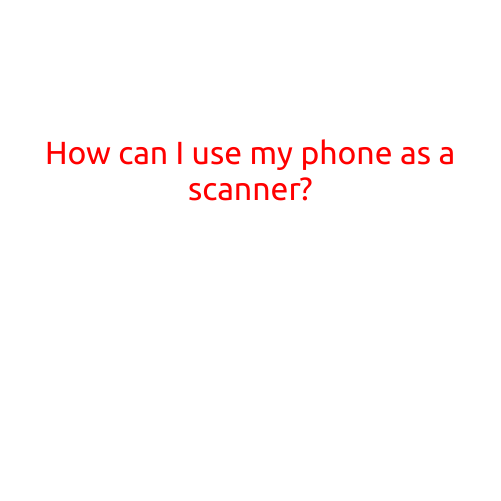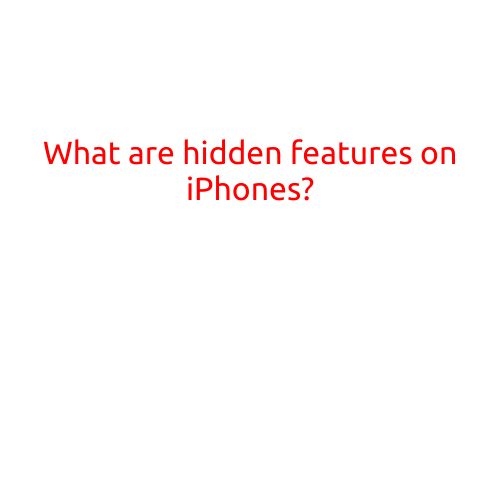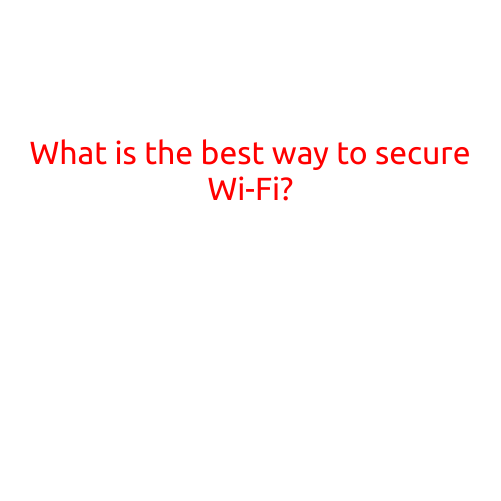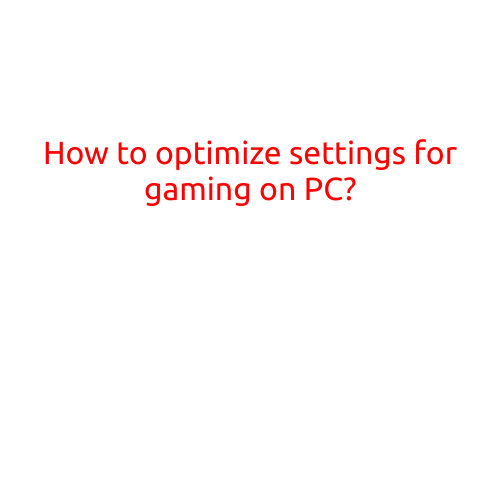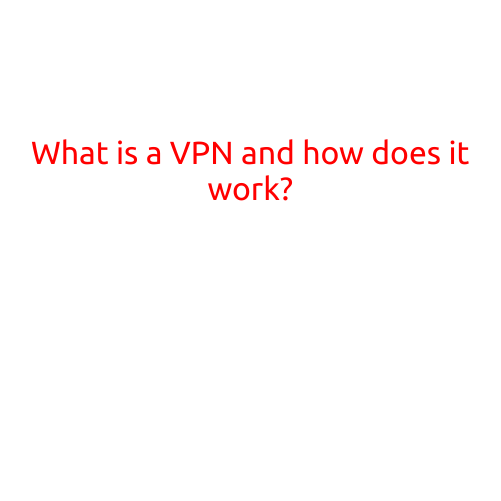
What is a VPN and how does it work?
In today’s digital age, online security and privacy are more crucial than ever. With the increasing threat of cybercrime, government surveillance, and data breaches, it’s essential to take measures to protect your online activity. One effective way to do so is by using a Virtual Private Network (VPN). But what is a VPN, and how does it work?
What is a VPN?
A VPN is a service that creates a secure, encrypted connection between your device and a remote server. It acts as a tunnel, encrypting your internet traffic, and shielding your online activities from prying eyes. By using a VPN, you can browse the internet anonymously, protecting your personal data and online identity.
How does a VPN work?
Here’s a step-by-step explanation of how a VPN works:
- Connection: When you connect to a VPN, your device (computer, smartphone, or tablet) sends a request to the VPN server.
- Authentication: The VPN server verifies your credentials to ensure you’re authorized to access the service.
- Encryption: Once authenticated, your device and the VPN server establish an encrypted connection. This is done using advanced algorithms and encryption protocols like AES, PGP, or OpenVPN.
- Tunneling: Your internet traffic is then routed through the VPN server, which creates a secure, encrypted tunnel between your device and the internet.
- Data encryption: As you browse the internet, all your data (including emails, messages, and online transactions) is encrypted, making it unreadable to anyone intercepting your traffic.
- Server-to-server communication: The VPN server communicates with the destination server (e.g., a website or online service) on your behalf.
- Decryption: When data reaches the destination server, it’s decrypted, allowing you to access the desired content.
Benefits of using a VPN
So, why should you use a VPN? Here are some compelling reasons:
- Security: VPNs safeguard your online data and activity from hackers, snoopers, and cybercriminals.
- Privacy: With a VPN, your online activities remain anonymous, protecting your personal information and online identity.
- Unblocking content: A VPN allows you to access geo-restricted content, such as streaming services or websites blocked in your region.
- Protection from government surveillance: VPNs can help protect you from government monitoring and censorship.
Choosing the right VPN
With so many VPN providers available, selecting the right one can be overwhelming. Here are some factors to consider:
- Security features: Look for a VPN with advanced encryption protocols, a strict no-logs policy, and a strong reputation.
- Server locations: Choose a VPN with servers in multiple locations to ensure optimal performance and access to restricted content.
- Speed and performance: Opt for a VPN that offers fast speeds and reliable connections.
- Compatibility: Ensure the VPN supports your device and operating system.
Conclusion
In conclusion, a VPN is a powerful tool that provides enhanced online security, privacy, and anonymity. By understanding how a VPN works and choosing the right provider, you can enjoy the benefits of a secure and private online experience. Remember, a VPN is not a substitute for good security practices, but it is an essential addition to your digital security toolkit.
